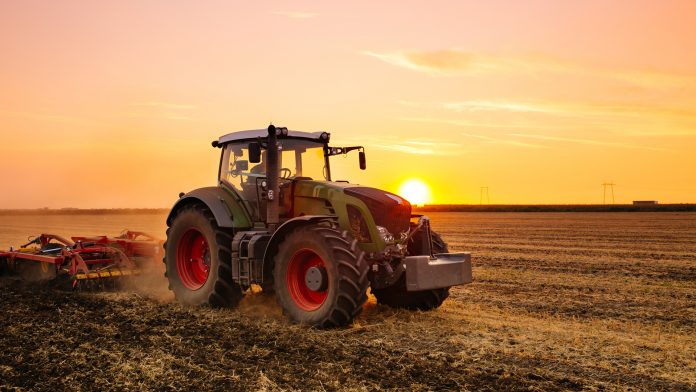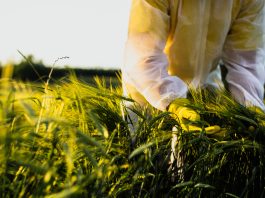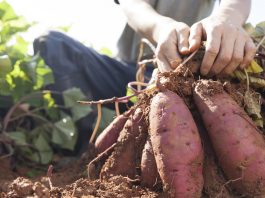Researchers from the Swedish University of Agricultural Sciences have revealed that future food security in Europe, America, and Australia is threatened by subsoil compaction.
What can subsoil compaction affect?
Subsoil compaction is caused by large agricultural vehicles, such as tractors. While the larger and more flexible tyres have limited surface damage, the soil beneath the topsoil becomes compact to the point of long-term production capacity being threatened.
These conclusions were reached in a global study, which also draws parallels to the sauropods, the heaviest animals that ever walked the Earth.
The study was published in the Proceedings of the National Academy of Sciences on 16 May 2022 and was conducted by Professor Thomas Keller from the Swedish University of Agricultural Sciences (SLU) and Agroscope in Switzerland, and Professor Dani Or from ETH Zurich in Switzerland and the Desert Research Institute in the USA.
How is mechanisation impacting modern agriculture?
Mechanisation has significantly influenced the success of modern agriculture, with vastly expanded food production capabilities accomplished due to the higher capacity of farm machinery. However, the increase in capacity has been accompanied by heavier vehicles that increase the risk of subsoil compaction.
In the late 1950s, the total weight of laden combine harvesters was approximately four tonnes, while modern vehicles now weigh an average of 36 tonnes. The researchers have considered what this development could mean for acres of arable land. It was revealed that the contact stress on the soil surface remained constant at a low level during this period, which is due to the fact that machines have been fitted with larger tires that distribute the weight of the machinery over a larger surface.
However, in the deeper subsoil layer, soil compaction has increased to levels that endanger the soil’s ability to successfully produce food, which also has consequences for the soil’s ability to transport water and provide other important ecosystem services.
“Subsoil compaction by farm vehicles is a very serious problem, since once soils are compacted, they remain damaged for decades. This may be one of the reasons why harvests are no longer increasing and why we are now seeing more floods than before,” explained lead author, Professor Thomas Keller, from SLU in Sweden and Agroscope in Switzerland.
How does this impact food security globally?
Scientists produced a map that demonstrates how the risk of chronic subsoil compaction varies worldwide and discovered that the risk is most prominent in Europe, North and South America, and Australia. Globally, about one-fifth of all arable land is projected to be at risk of extensive damage that would be considerably challenging to repair. Thus, it is very unlikely that the soils will recuperate.
Currently, the risk of subsoil compaction is smaller in both Asia and Africa, where the mechanisation of agriculture has not reached yet the same level.
“If the mechanisation were to gain momentum in Asia and Africa, however, there is a risk of subsoil compaction also on these continents,” said Thomas Keller.
How can this issue be avoided?
In order to avoid this issue in the future, scientists have highlighted the necessity for vehicle manufacturers to be more aware of subsoil compaction. To assure sustainable agriculture, vehicle manufacturers are required to be more aware of the risk that subsoil compaction poses, including its negative impact on the soil itself.
“Above all, the wheel loads of modern farm vehicles need to be reduced in order not to affect the subsoil to the same extent as today. The heavier the machines, the worse for the subsoils,” concluded Thomas Keller.





